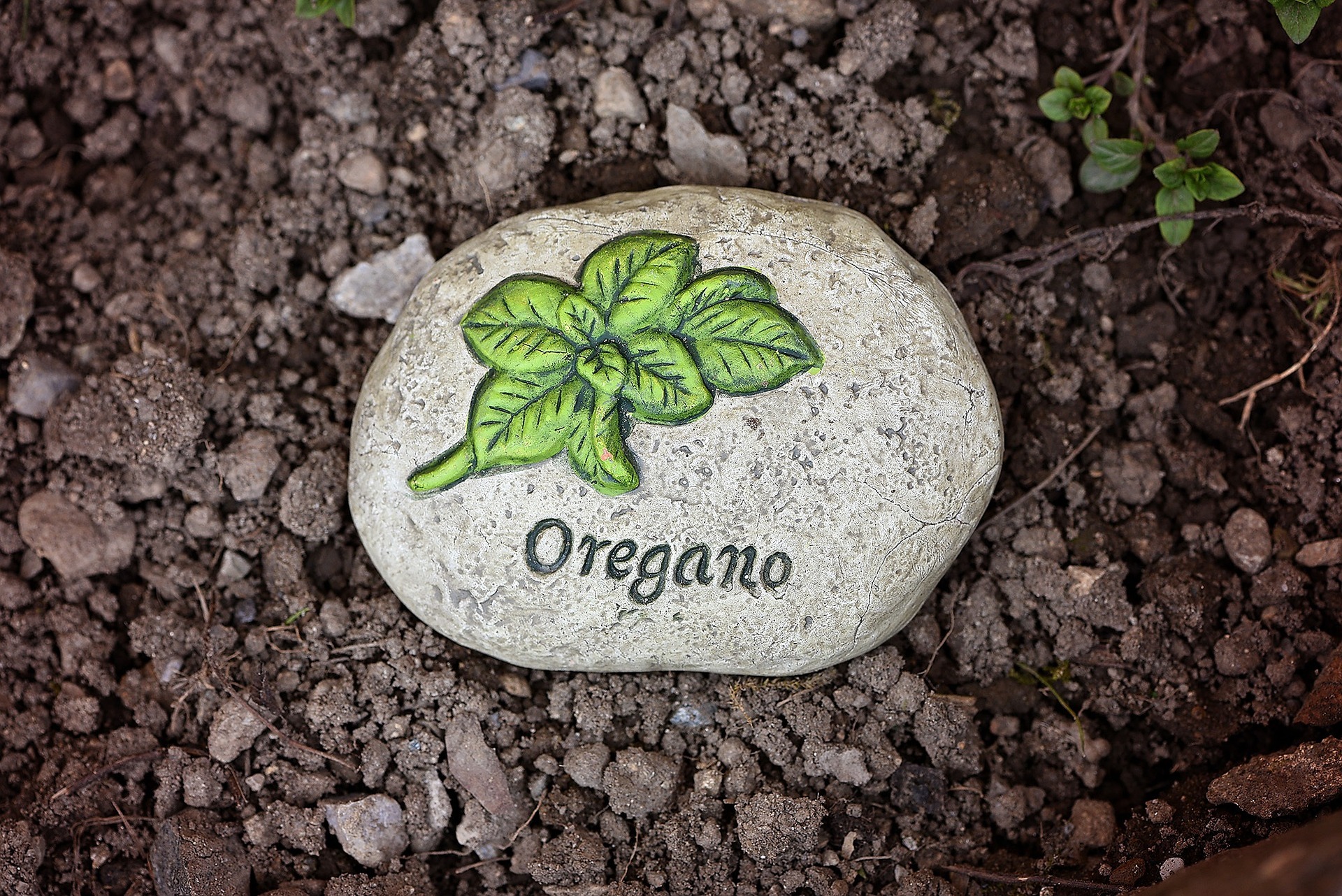Oregano: Healing Wonder or Just a Tasty Garnish?
By HolisticMarketPlace.com

Oregano, a staple in Mediterranean cuisine, is a versatile herb known for its robust flavor and aromatic qualities. Often found in Italian dishes, it adds a distinct zest to pizzas, pastas, and sauces. But beyond its culinary uses, oregano has a rich history of medicinal applications. Is this herb a healing wonder or just a tasty garnish? Let's delve into the science and tradition behind oregano.
The Culinary Star
Oregano, with its slightly bitter and peppery taste, is a favorite in kitchens worldwide. Its leaves, fresh or dried, can elevate a dish from mundane to extraordinary. Popular in Greek, Italian, and Mexican cuisines, oregano pairs well with tomatoes, meats, and cheeses, making it a key ingredient in various sauces, marinades, and dressings. Its strong flavor profile also makes it a popular choice for seasoning grilled meats and vegetables.
The Medicinal Marvel
Oregano's uses extend far beyond the kitchen. Historically, it has been used in traditional medicine for its potential health benefits. Ancient Greeks and Romans utilized oregano for its antiseptic and preservative properties. Today, modern science is beginning to uncover the reasons behind these traditional uses.
Antioxidant Powerhouse
Oregano is rich in antioxidants, compounds that help combat oxidative stress and protect the body from damage by free radicals. These antioxidants, including thymol and carvacrol, are believed to contribute to oregano's potential health benefits, such as reducing inflammation and lowering the risk of chronic diseases like heart disease and cancer.
Antimicrobial Properties
Research has shown that oregano oil possesses potent antimicrobial properties. It has been found effective against various bacteria, viruses, and fungi. Carvacrol, one of the primary active compounds in oregano oil, is particularly noted for its ability to inhibit the growth of harmful microorganisms. This makes oregano oil a potential natural remedy for infections and a valuable addition to natural cleaning products.
Anti-Inflammatory Effects
Chronic inflammation is linked to numerous health issues, including arthritis, cardiovascular disease, and cancer. Oregano contains compounds that have demonstrated anti-inflammatory effects in studies. Regular consumption of oregano, as part of a balanced diet, may help reduce inflammation and promote overall health.
Digestive Health
Oregano has been traditionally used to aid digestion. It is believed to stimulate bile flow, which aids in the digestion of fats. Additionally, its antimicrobial properties can help balance gut bacteria, promoting a healthy digestive system. Some herbalists recommend oregano tea to soothe gastrointestinal discomfort and support digestive health.
How to Incorporate Oregano into Your Diet
Integrating oregano into your diet is easy and delicious. Here are a few ideas:
- Fresh Oregano: Add chopped fresh oregano to salads, soups, and stews for a burst of flavor.
- Dried Oregano: Use dried oregano to season meats, sauces, and roasted vegetables.
- Oregano Oil: A few drops of oregano oil can be added to smoothies or taken as a supplement, but it's potent and should be used with caution.
- Oregano Tea: Brew fresh or dried oregano leaves in hot water for a soothing herbal tea.
Oregano is much more than a tasty garnish; it's a herb with a long history of medicinal use and a wealth of potential health benefits. While it undoubtedly enhances the flavor of many dishes, its antioxidant, antimicrobial, and anti-inflammatory properties make it a valuable addition to your diet for more than just taste. As research continues to uncover the full extent of oregano's healing potential, it remains a beloved herb in both the culinary and health worlds. Whether you’re using it to spice up your meals or support your health, oregano truly is a versatile wonder.





